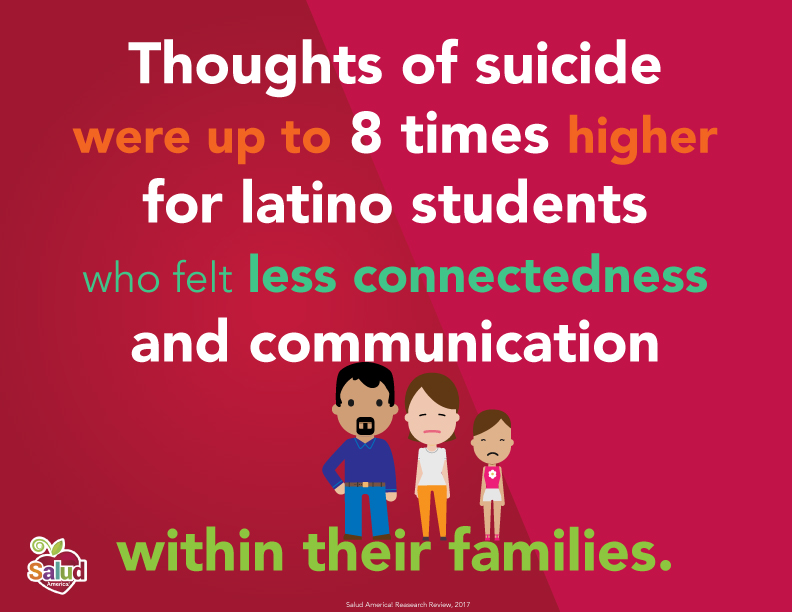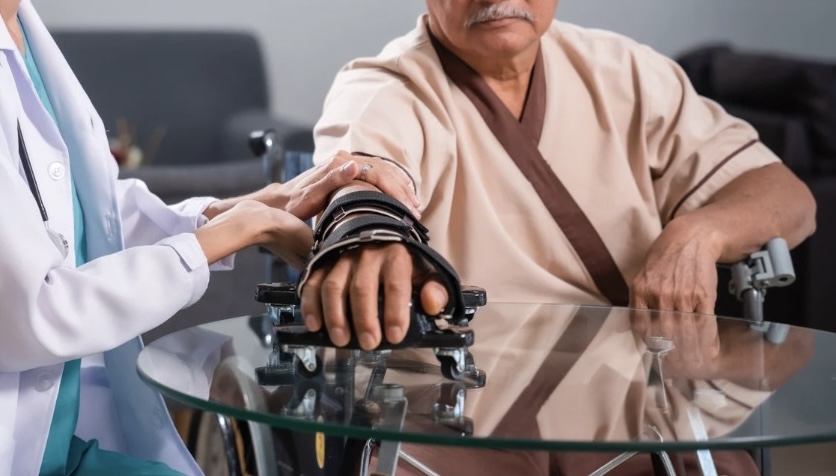The impact of the COVID-19 pandemic on mental health is just beginning to be realized. National studies reveal concerning trends, including increases in anxiety, depression, and substance abuse.
According to new research, over half of the high-risk children in the United States are not receiving behavioral health services critical to their mental, emotional, and physical well-being reports U.S. News.
Lack of treatment for kids who struggle with depression, anxiety, and/or several adverse childhood experiences is more severe among children of parents with only high school-level educations and children of color.
22-percent of Hispanic-Latino youth have depressive symptoms. That is higher than any group besides Native American youth, according to Salud America!

Fewer Hispanic-Latino parents reported that their child had ever used mental health care services (8%) compared to white children (14%).
“The implication is, we should really be doing a lot more to try and facilitate services for this segment of the population,” said study co-author David Finkelhor in an interview with U.S. News. He directs the University of New Hampshire’s Crimes Against Children Research Center.
The Centers for Disease Control and Prevention, KFF polling and data from the Huntsman Mental Health Institute reveal that Hispanics-Latinos are disproportionately affected. 46-percent of Hispanic-Latino adults are more likely to report symptoms of anxiety or depressive disorder than white adults (40-percent).
Isolation is a risk factor for depression that stay-at-home, remote learning mandates have exacerbated. Doctors say the pandemic is making universal screening far more difficult.
Finkelhor and his colleagues have laid out suggestions on how to expand needed clinical contact. “We need to provide them in more convenient locations, like schools, and in conjunction with medical practices”, said Finkelhor. “We need to package them to make them a little bit less stigmatizing. We need to advertise some of the new procedures and techniques that we have. We need to make sure that the new and particularly the evidence-based services that are most effective are the ones that are being provided, and that everybody is trained up in them.”
According to Salud America!, Hispanic-Latino youth have less stress and more classroom success in interventions that mix regular exercise, sports participation, and mental health education. Community-based, cultural interventions have shown promise in improving access to mental health care.
Feature Photo Credit: MedicalExpress




